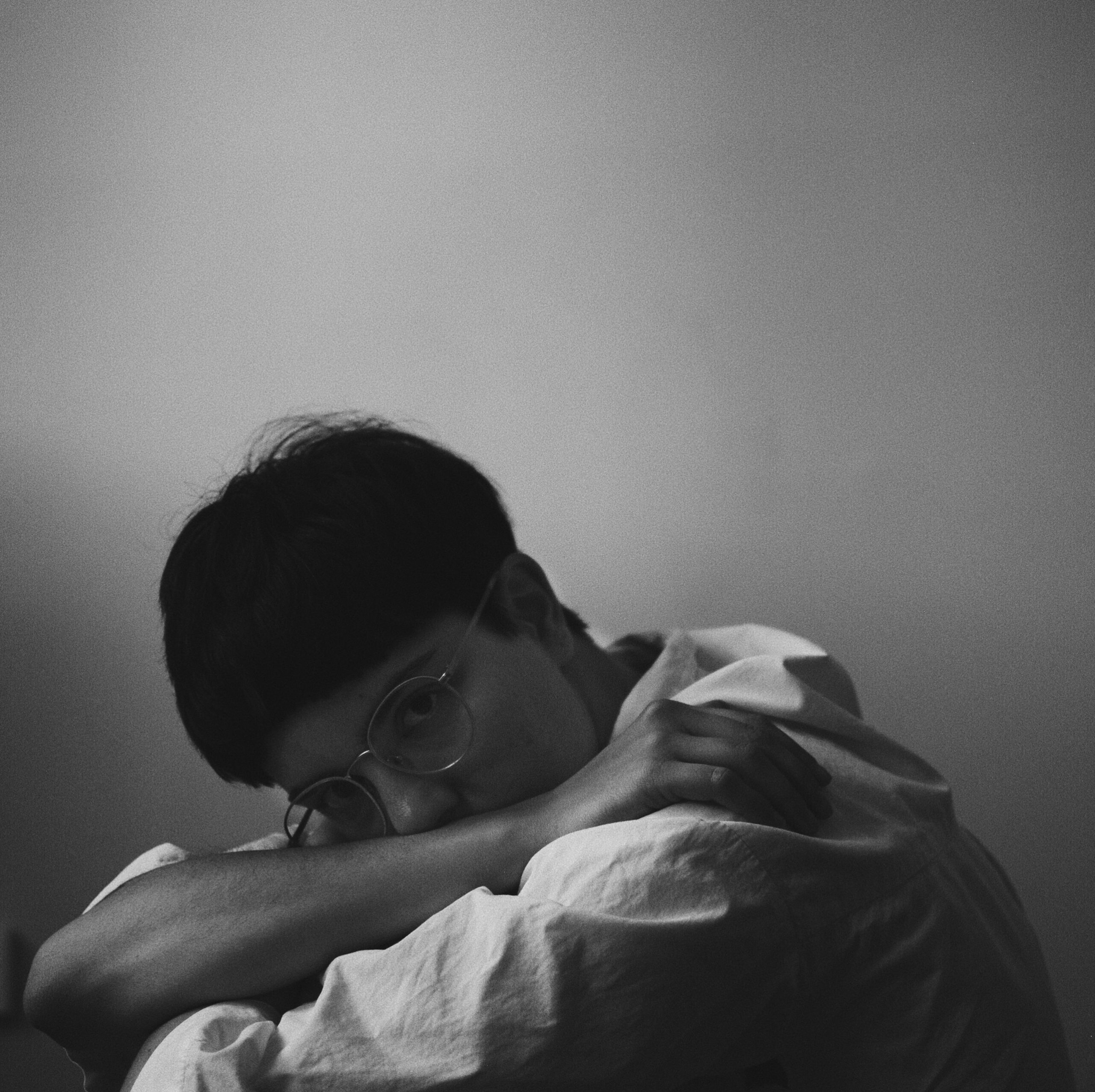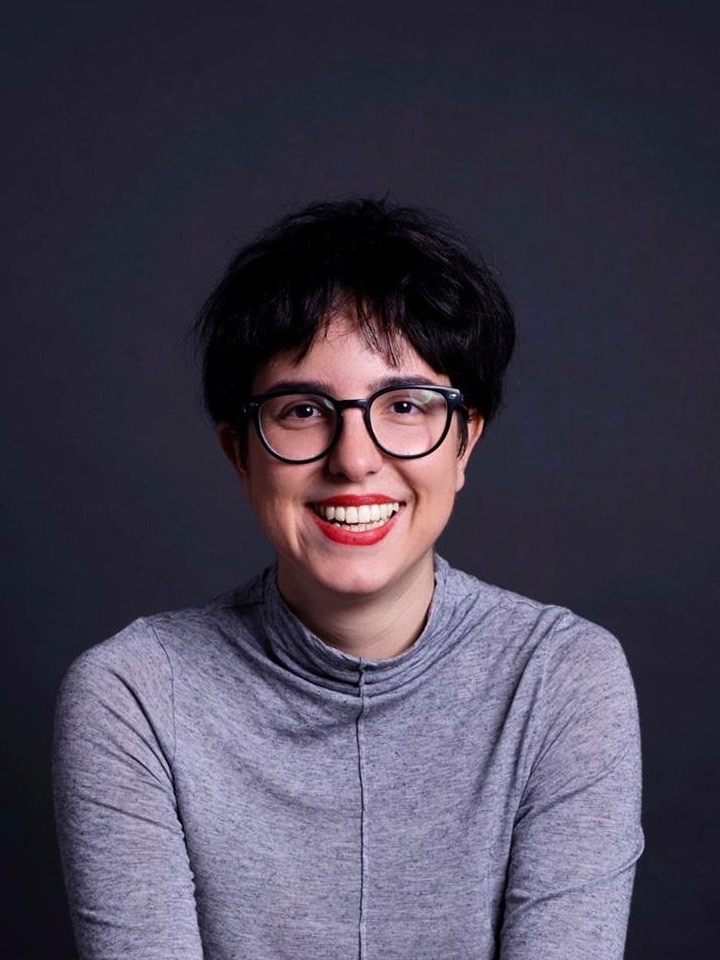
Marina Velickovic will become the first Gates Cambridge Scholar from Bosnia and Herzegovina this autumn.
I was interested in how international law managed to keep its status as a beacon of hope when it appeared to be failing and in genocide as it is the biggest, most visible failure in international law.
Marina Velickovic
Marina Velickovic will become the first Gates Cambridge Scholar from Bosnia and Herzegovina when she begins her PhD in Law in the autumn.
Marina’s research will build on her work on international criminal law and human rights in the context of the former Yugoslavia.
She will analyse the International Criminal Tribunal for the former Yugoslavia as a site of knowledge production and look at how different narratives are produced there, incorporating Feminist critiques, Critical Legal Studies and Third World Approaches to Law to explore where the blind spots are with relation to gender and ethnicity.
The ICTY claims to be among the first courts of its kind to bring explicit charges of wartime sexual violence and to define gender crimes such as rape and sexual enslavement under customary law. It was also the first international criminal tribunal to enter convictions for rape as a form of torture and for sexual enslavement as crime against humanity, as well as the first international tribunal based in Europe to pass convictions for rape as a crime against humanity, following a previous case adjudicated by the International Criminal Tribunal for Rwanda.
Marina, who in addition to her studies has founded several feminist platforms in Bosnia, including the only print feminist magazine in the country, has co-authored two books, 1995-2015: Women and Political Life in Post-Dayton Bosnia and Herzegovina and Furam feminizam: Priručnik za djevojčice [a feminism handbook for girls].
Childhood
She was born in Sarajevo and was just three when the conflict in Bosnia ended. Her father is a writer and lecturer and her mother an architect. “It’s a very artistic family. They were a bit shocked when I said I was going to do Law,” she says. She was drawn to Law because of the big discussions in Bosnia at the time around human rights and international law. Her interest has always been in the study of Law rather than in practising it. “It’s what makes me tick,” she says.
As a young girl, however, she trained as a ballet dancer. From the age of eight she practised for around two hours a day, increasing to up to four hours a day of ballet and piano when she started high school and then the routine became too overwhelming. It was a difficult decision to give up something she had done for six years and had loved, but she felt it was holding her back from doing other things. “I could not do ballet to the degree that I wanted to and give 100% to my school work,” she says.
At 14 she became very interested in international criminal law after reading a book on the prevention of genocide. “When I read that book I knew what I wanted to do,” she says.
Her interest in human rights was influenced by what she was seeing around her. “People had faith in international law and human rights, but the system did not seem to be working. I was interested in how international law managed to keep its status as a beacon of hope when it appeared to be failing. I was interested in genocide as it is the biggest, most visible failure in international law,” says Marina.
She looked at universities in the UK which specialised in international law and got accepted on a Law course at the University of Bristol. Over the course of the degree she did several internships at the UN Development Programme, the International Criminal Tribunal for the Former Yugoslavia and the Office of the High Commissioner for Human Rights. She also did a series of jobs to earn money to support herself, including tutoring, being an international ambassador at the university and working on telethons. In addition she did voluntary work for Student Action for Refugees, teaching refugee children English at a primary school in Bristol and then worked as the campaigns coordinator for the organisation. In her final year she was student director of the Bristol Human Rights Clinic, coordinating and doing research on issues such as police brutality.
She applied to do a masters, but didn’t get funding so she returned to Bosnia for a year and reapplied for 2014/2015.
Feminism
Marina had always been a feminist and grew up in a liberal environment where her parents shared childcare. However, at school she came up against patriarchal structures and argued against them. At university she studied feminist theory and began to read around it. When she returned to Bosnia she worked for the OHCHR on conflict-related sexual violence and did some gender-based research for an NGO. So when it came to her master’s at London School of Economics she chose to focus on feminist critiques of International Law. Her dissertation was an analysis of the Kunarac judgement by the International Criminal Tribunal for the Former Yugoslavia through the lenses of feminist and postcolonial theory.
While at LSE Marina, with a group of other students, worked on LSE’s submission to the UN on resolution 1325, which urges all actors to increase the participation of women and incorporate gender perspectives in all United Nations peace and security efforts.
She knew by this stage that she wanted to do a PhD, but she wanted to be sure and to experience the world outside academia. So she worked on several feminist platforms and publications and in 2016 she co-founded a magazine on feminist art and theory called BONA, which brings together emerging feminist writers, artists and journalists.
Since graduating from LSE, Marina has been working as a consultant for Goldsmiths and for LSE. She is currently employed as a research associate on the Gender of Justice Project at Goldsmiths, analysing legal material from the International Criminal Tribunal for the Former Yugoslavia.
She is excited to begin her research at the University of Cambridge, where she will be based at Pembroke College, saying it is one of the best places in the world to study international law. She is also looking forward to being a Gates Cambridge Scholar. “I have always believed that education is about more than academic studies. I am looking forward to being with a group of people who have similar attitudes about education to me."

Marina Velickovic
- Alumni
- Bosnia and Herzegovina
- 2017 PhD Law
- Pembroke College
My interest in International Criminal Law as a field of study grew out of the internship I did at the ICTY, during my second year at the University of Bristol. I was fascinated by the discrepancies in practice of International Criminal Law and what I was being taught. I wanted to further explore this during my LLM at the LSE, where I researched how the ICTY produces a narrative about Bosnia as a gendered and ethnicized “other.” Since graduating from the LSE I have co-authored two books and co-founded the only feminist magazine in Bosnia. I am currently a Visiting Fellow at Goldsmiths College, where I am working on a feminist critique of the legal discourse surrounding Conflict-Related Sexual Violence. At Cambridge my research will explore ICL as a site of knowledge production through the prisms of Critical Legal Studies, Feminist Legal Scholarship and Third World Approaches to Law. This research is important because it will not merely explore how the ICTY produces knowledges about Bosnia that are ethnicized and gendered, but also at how these knowledges (and the process of their production) produce a certain truth about the wider project of International Criminal Law (ICL). I will seek to explore to what extent the very survival of ICL is contingent on the ascendance of particularly gendered and ethnicized knowledges to the status of truth. I am incredibly humbled to be the first scholar from Bosnia to be joining the Gates Cambridge Community.
Previous Education
University of Bristol
London School of Economics and Political Science












